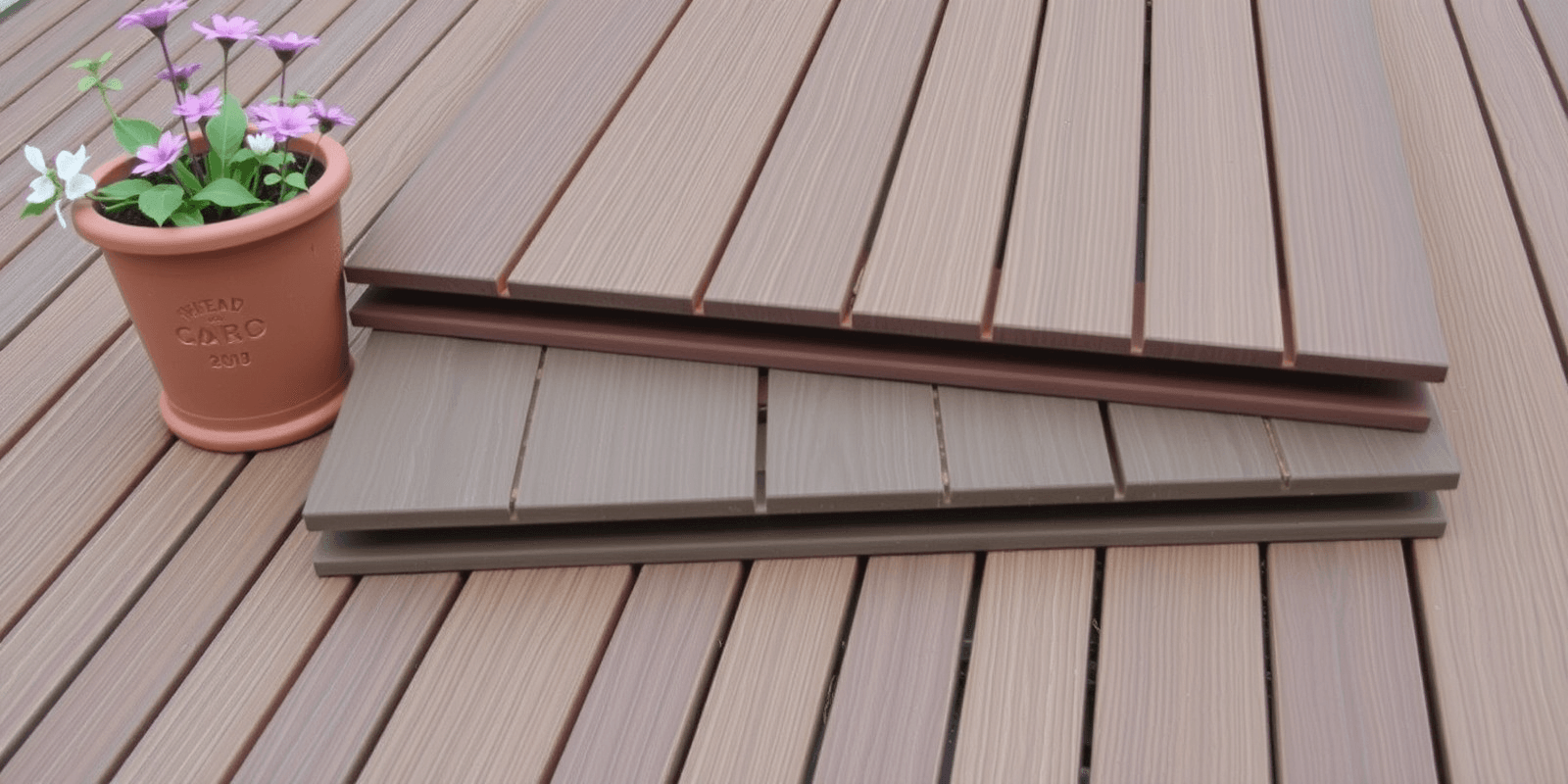Physical Address
304 North Cardinal St.
Dorchester Center, MA 02124
Physical Address
304 North Cardinal St.
Dorchester Center, MA 02124

Welcome to this comprehensive guide on the top manufacturers of WPC (Wood-Plastic Composite) decking boards. As environmental consciousness continues to grow, more homeowners and businesses are turning to WPC as a sustainable alternative to traditional wood decking. This article delves into the best WPC manufacturers, highlighting their sustainable practices, innovative product lines, and customer testimonials. We’ll also compare these brands and discuss the benefits of choosing WPC over traditional wood.
WPC decking boards are made from a combination of wood fibers and plastic materials, often recycled, which results in a highly durable and low-maintenance product. Unlike traditional wood, WPC doesn’t require frequent staining or sealing, making it an ideal choice for those looking for a long-lasting and easy-to-maintain deck.
Trex Company, based in Winchester, Virginia, is a leader in the WPC industry. Known for its high-quality products, Trex offers a wide range of composite decking options that cater to various aesthetic preferences and functional needs. The company’s sustainable manufacturing practices include using 95% recycled materials in their products. Trex has also received numerous awards for its commitment to sustainability, including recognition from the U.S. Environmental Protection Agency (EPA).
Trex’s Transcend line features deep-textured finishes and fade-resistant colors, ensuring your deck remains beautiful for years to come. Additionally, their ProLine offers a more affordable option without compromising on quality.
“I’ve had my Trex deck for over five years now, and it still looks like new. The maintenance is minimal, and I love knowing that I’m doing my part for the environment,” says Sarah M., a satisfied Trex customer.
TimberTech, headquartered in Cincinnati, Ohio, is another prominent player in the WPC market. Their AZEK brand is widely recognized for its durability and aesthetic appeal. TimberTech emphasizes its commitment to sustainability, using a mix of virgin and recycled plastic in their products. They have also implemented advanced recycling processes to minimize waste.
The TimberTech AZEK line includes a variety of styles and colors, with options like the Designer Collection offering a premium look and feel. Their Earthwood Evolutions line combines natural aesthetics with enhanced durability, making it suitable for high-traffic areas.
“Our TimberTech deck has exceeded our expectations. It’s beautiful, requires almost no maintenance, and we feel good about supporting a company that prioritizes sustainability,” says John D., a TimberTech customer.
Evergrain, a brand owned by PlasTEAK Holdings LLC, is known for its eco-friendly approach and innovative technology. Based in New Jersey, Evergrain uses 100% recycled plastic in their products, contributing to a circular economy. Their manufacturing process minimizes water usage and waste generation, aligning with their commitment to sustainability.
Evergrain’s Classic Collection offers a classic wood appearance, while their Elite Collection features a more modern design. Both collections are available in a range of colors and textures, providing versatile options for any project.
“We chose Evergrain for our deck because of their strong commitment to sustainability. The finished product looks fantastic, and we’re proud to have a deck that aligns with our values,” states Lisa K., an Evergrain customer.
When comparing Trex, TimberTech, and Evergrain, it’s essential to consider factors such as product durability, aesthetic appeal, price point, and sustainability practices. Trex is known for its extensive color palette and innovative designs, while TimberTech focuses on premium aesthetics and advanced recycling processes. Evergrain stands out for its use of 100% recycled plastic and strong commitment to sustainability.
Ultimately, the choice depends on individual preferences and priorities. For those seeking a balance of affordability and sustainability, Evergrain might be the best option. If you prioritize premium aesthetics and durability, TimberTech or Trex could be more suitable.
One of the primary advantages of WPC decking boards is their longevity and resistance to rot, insects, and weathering. Unlike traditional wood, WPC does not require frequent maintenance, such as staining or sealing, reducing both time and cost. Moreover, WPC is an eco-friendly choice, as it utilizes recycled materials and reduces the demand for virgin wood resources.
Additionally, WPC decks offer improved safety features, such as non-slip surfaces and reduced splintering, making them ideal for families with children or pets. The low-maintenance nature of WPC also makes it a practical choice for busy homeowners who want a beautiful outdoor space without the hassle of regular upkeep.
Choosing the right WPC decking board manufacturer can significantly impact the overall quality and sustainability of your deck. Trex, TimberTech, and Evergrain are three top contenders in the market, each offering unique benefits and innovations. By considering factors such as product durability, aesthetic appeal, price point, and sustainability practices, you can make an informed decision that aligns with your needs and values.
Whether you prioritize eco-friendliness, aesthetics, or cost-effectiveness, there’s a WPC decking board manufacturer that can meet your requirements. Embrace the benefits of WPC and create a stunning, sustainable outdoor living space for years to come.